
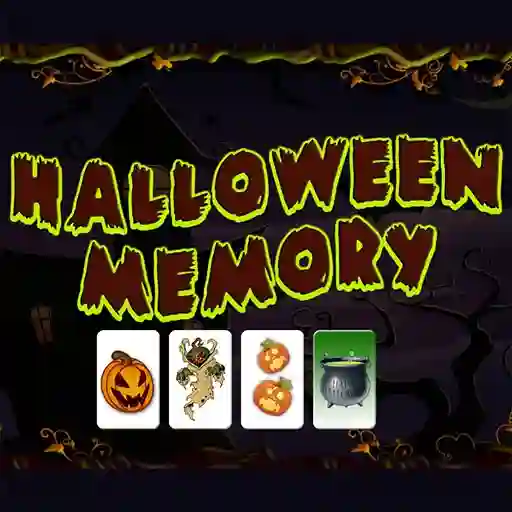
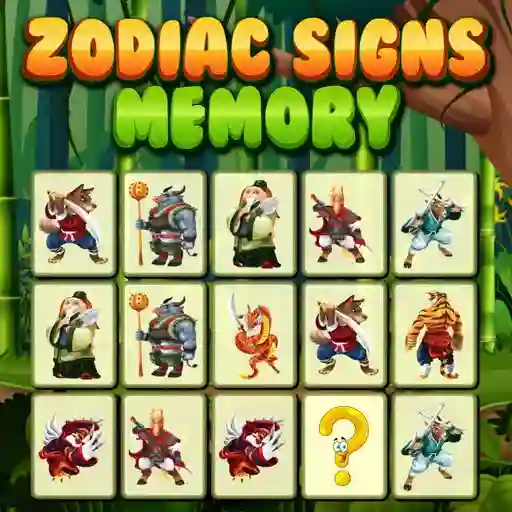




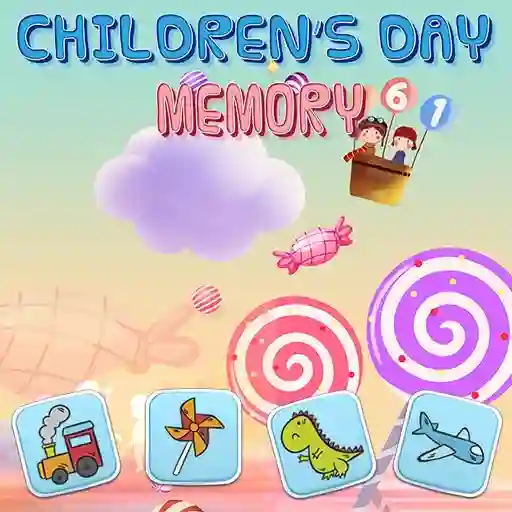




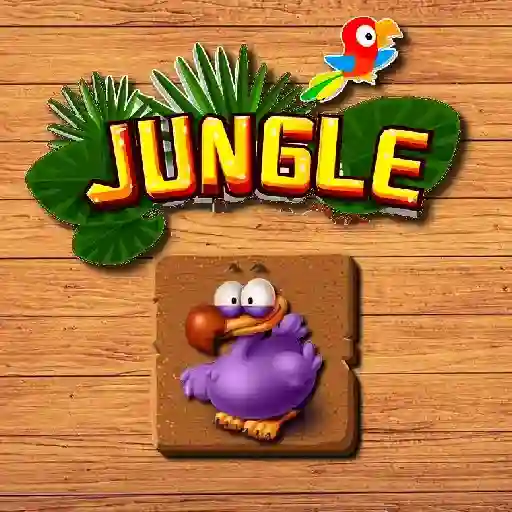



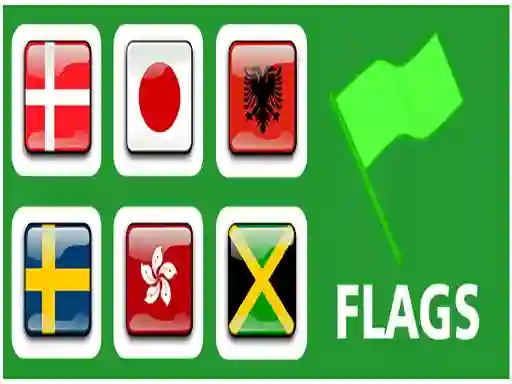


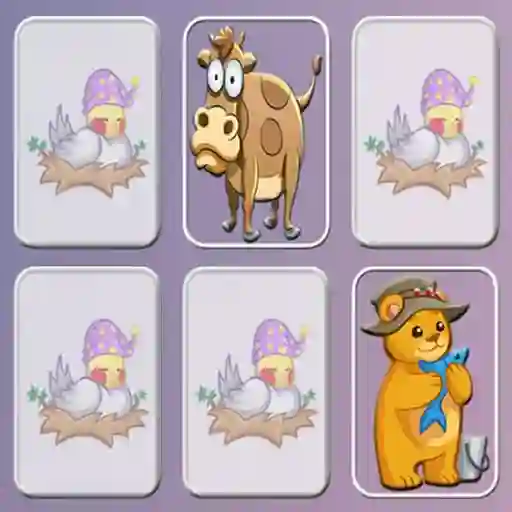


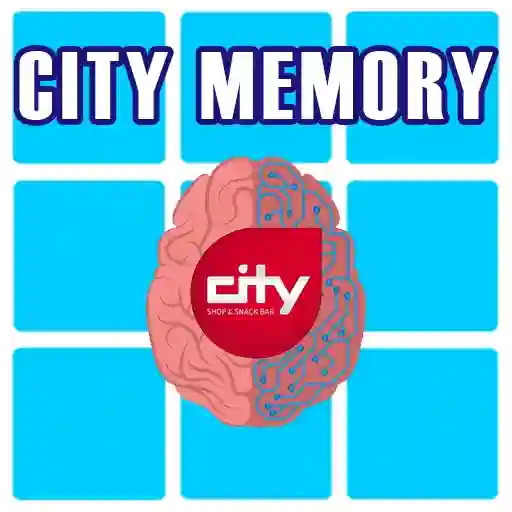
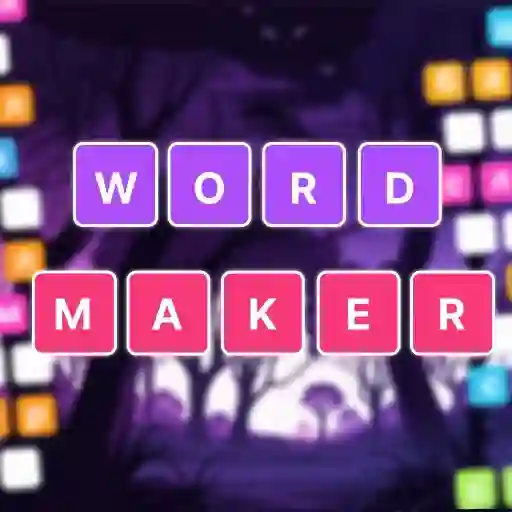


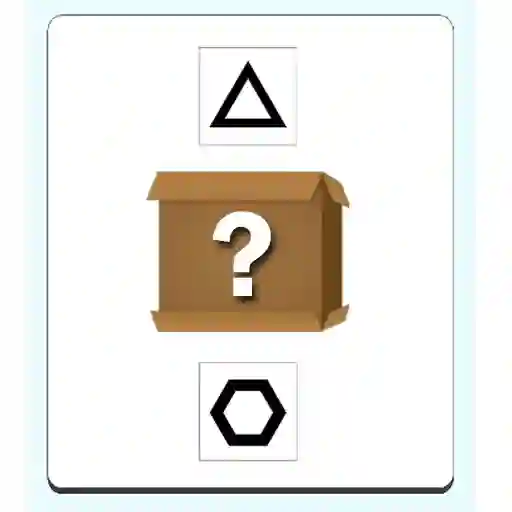
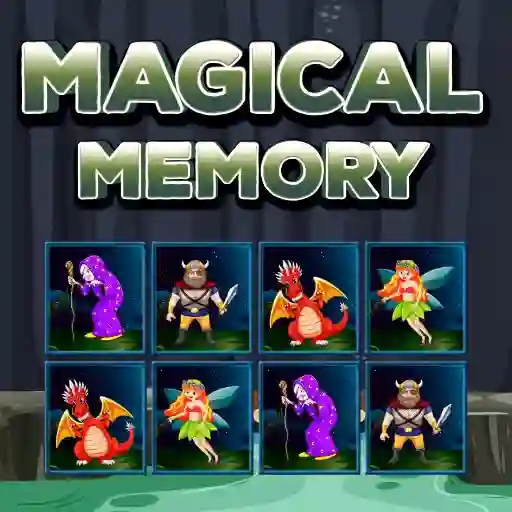

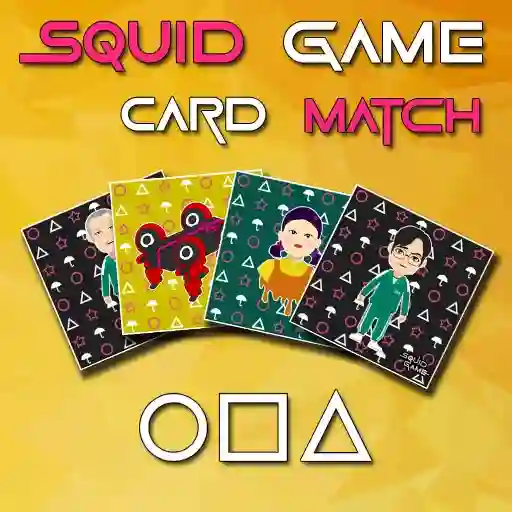



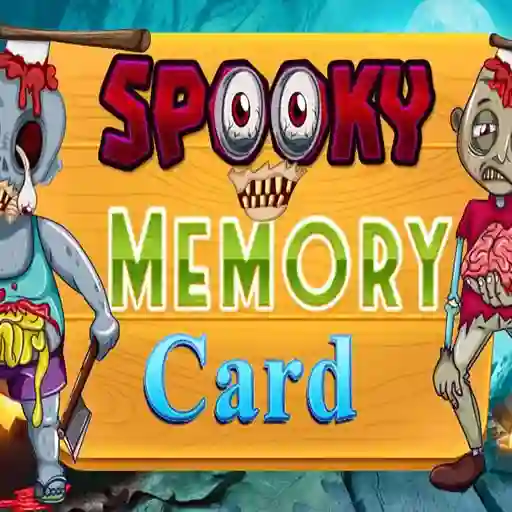
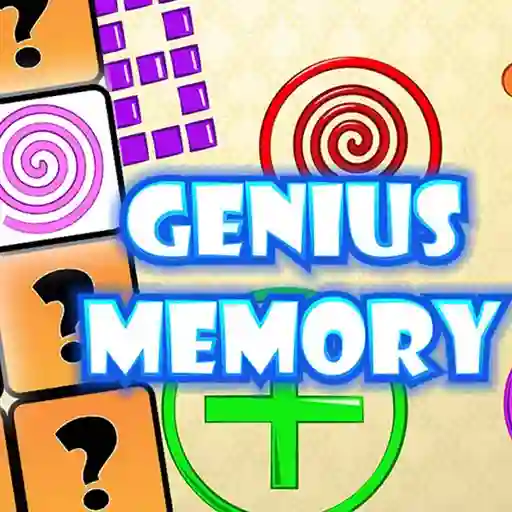





Memory games are a type of game designed to test and improve memory skills by challenging players to recall information, patterns, or objects. These games often involve matching pairs, sequenced recall, or recognizing hidden information. They are popular across all age groups and are frequently used as both entertainment and educational tools.
• Memory Matching: Players must find identical pairs of cards or objects.
• Sequenced Recall: Remembering the order of events, sounds, or visual cues.
• Memory Matrices: Identifying patterns or objects within grids or chaotic layouts.
• Timed Challenges: Completing memory tasks within a limited time frame.
• Progressive Difficulty: Increasing complexity as the game advances.
• Score Tracking: Measuring performance through points, accuracy, or speed.
• Single-Player or Multiplayer: Options to play alone or compete with others.
What are the benefits of playing memory games?
Memory games improve concentration, cognitive speed, and memory retention. They are also known to enhance problem-solving skills and mental agility.
Are memory games suitable for children?
Yes, memory games are highly suitable for children. They are often simple to understand and can significantly aid in cognitive development while being enjoyable.
Can memory games be played offline?
Yes, many memory games are available in offline versions, including card games, board games, or even simple pen-and-paper exercises.